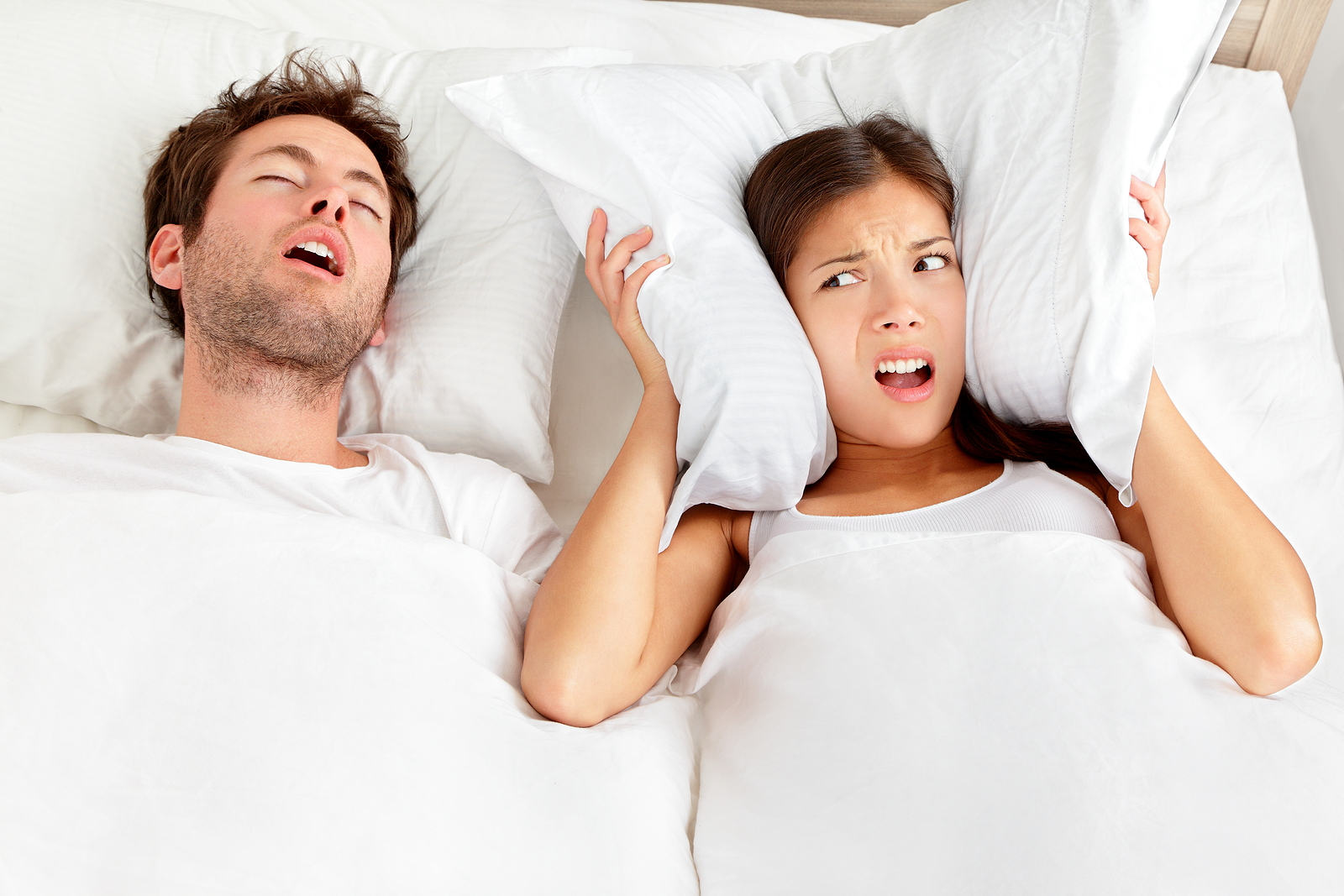THE CORRELATION BETWEEN SLEEP APNEA & ORAL HEALTH

THE CORRELATION BETWEEN SLEEP APNEA & ORAL HEALTH
For more than 25 million American adults, sleep apnea is a real problem. It can disrupt your sleep cycle and impact your oral health. Sleep apnea is mainly associated with snoring or insomnia, but very rarely do people think it can affect their mouth and teeth. So, how do the two go hand in hand? Dobson Ranch Dental Care is here to help explain the correlation between these two health conditions.
WHAT IS SLEEP APNEA?
Sleep apnea is a fairly common sleeping disorder that interrupts breathing while you sleep. It is caused by tissues collapsing in the airway due to one of several causes: the airway muscles are too weak, or the individual has a large tongue, is overweight, or has other underlying health conditions. As a result, apnea prevents oxygen from reaching the lungs. As a result, this disorder can zap your daytime energy and mental performance. Sleep apnea is most common in men, but it can also affect women.
Some of the most common symptoms of sleep apnea include:
Frequent and loud snoring
Gasping for air while sleeping
Reduced or absent breathing
Daytime sleepiness
Decreased attention span
Dry mouth
Headaches when waking up
Forgetfulness
Women with sleep apnea may also suffer from increased levels of anxiety, depression, insomnia, or other sleep-related health conditions.
CONNECTIONS TO ORAL HEALTH
There’s no arguing that good sleep keeps you healthy, but it can also help reduce bad breath, mouth ulcers, and the progression of periodontal disease. Still, for those that suffer from sleep apnea, dental concerns include TMJ, bruxism, and chronic mouth breathing.
TMJ
The TMJ joint connects your upper and lower jaw, and can become inflamed or irritated. If left untreated, TMJ disorder can also cause lockjaw. Evidence also suggests that TMJ disorder is related to sleep apnea, according to the Journal of Dental Research. According to the study, people who were more likely to have sleep apnea were three times more likely to have TMJ disorder.
MOUTH BREATHING
As you might have guessed, sleep apnea causes people to breathe through their mouths rather than their noses. Consequently, this leads to dry mouth, which can lead to tooth decay. As the saliva dries, bacteria are free to multiply and grow within the grooves of your teeth. Mouth breathing can also lead to more plaque, mouth sores, and inflammation of the gums.
BRUXISM
Bruxism, or teeth grinding, occurs when a person clenches their jaws at night. As your body struggles to breathe, it can tense up, causing more stress as you sleep. Bruxism can cut off your already struggling airway, leaving you feeling unrefreshed and causing headaches or jaw pain. Your dentist can determine if you have bruxism by erosion marks on your teeth, or by any cracks, chips, or broken teeth.
TREATMENT
While a medical doctor typically diagnoses sleep apnea, your dentist also will be able to point out some signs and suggest that you consult your physician. However, there are some ways your dentist can help, including:
Encouraging behavioral modifications
Managing your dental health
Orthodontic treatment to repair problems from misalignment
Dry mouth treatments
Mouthguards and protection
CALL US TODAY
Your oral health is our top priority. And, if you’re living with sleep apnea, we want to help! Not only can we help repair your teeth with cosmetic dentistry, but we can also help with TMJ, dry mouth, and bruxism. If it’s time for your bi-yearly exam, contact our team in Mesa, AZ, at (480) 838-8558 to schedule an appointment today!
Office Hours
MON7:00 am - 4:00 pm
TUE7:00 am - 4:00 pm
WED7:00 am - 4:00 pm
THU7:00 am - 3:00 pm
FRIClosed
SATClosed
SUNClosed





















comments